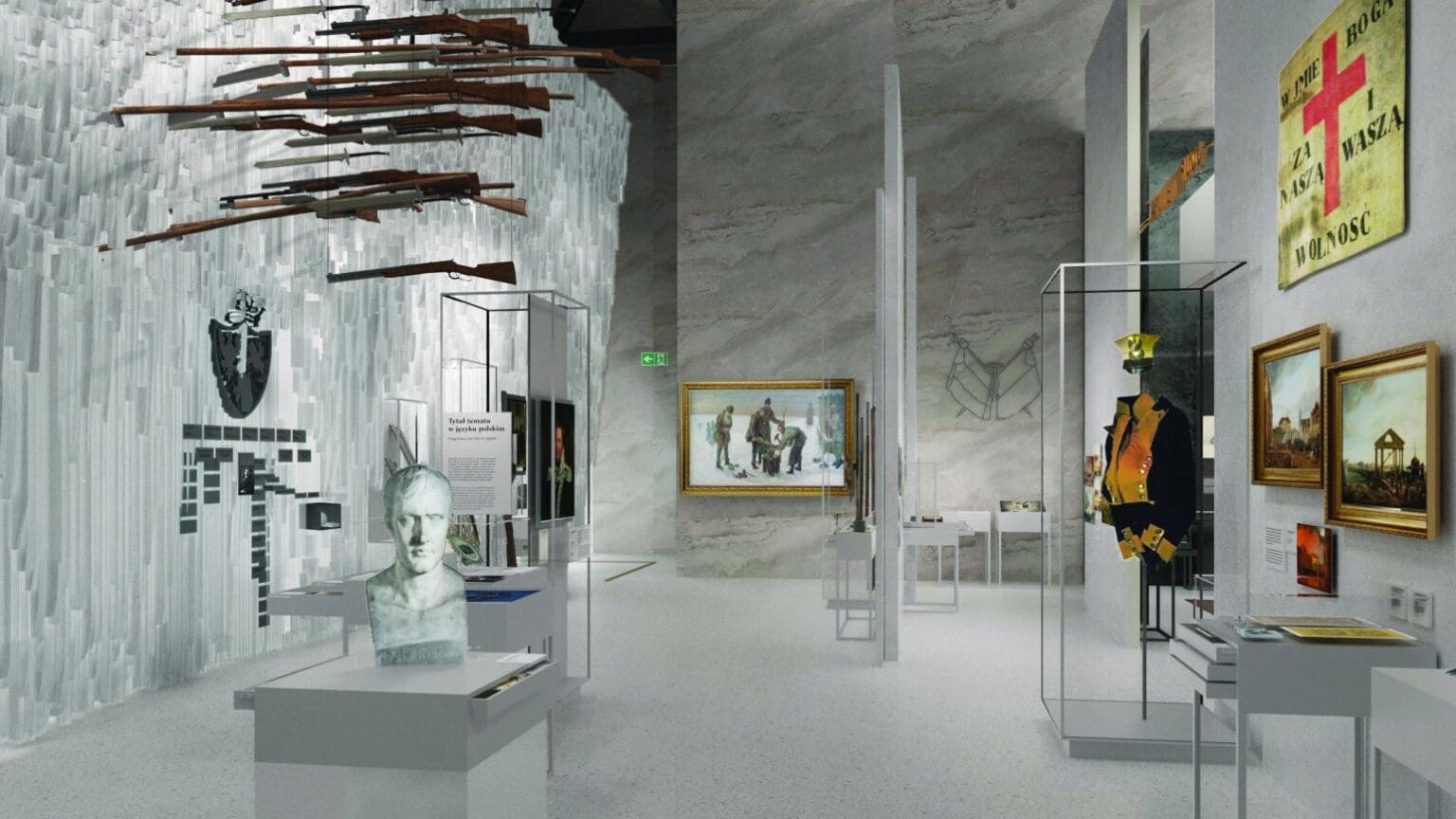
The Polish History Museum in Warsaw, Poland, the venue for the 12th European Remembrance Symposium last month, has an impressive array of items on display, ranging from 17th-century sunken treasure recovered from the Vistula River to items related to the ongoing Russo-Ukrainian war, such as a ball with which the Polish National Team scored against Russia at Euro 2012.

‘One of the peculiarities of the Hungarian spirit is that—no doubt as a result of our historical past—we have an openness to a kind of spiritual attitude that is willing to make sacrifices, in prayer and fasting, to obtain peace.’

The editorial board of Hungarian Conservative heartily congratulates Father Mario Alexis Portella, one of our staunchest and most prolific contributors, on the occasion of the 25th anniversary of his ordination.

In the second episode of the conversation series held as part of SopronFest, János Áder, Chairman of the Board of Trustees of the Blue Planet Climate Protection Foundation and generational researcher Krisztián Steigervald explored the impact of the digital world on the climate and human interactions.
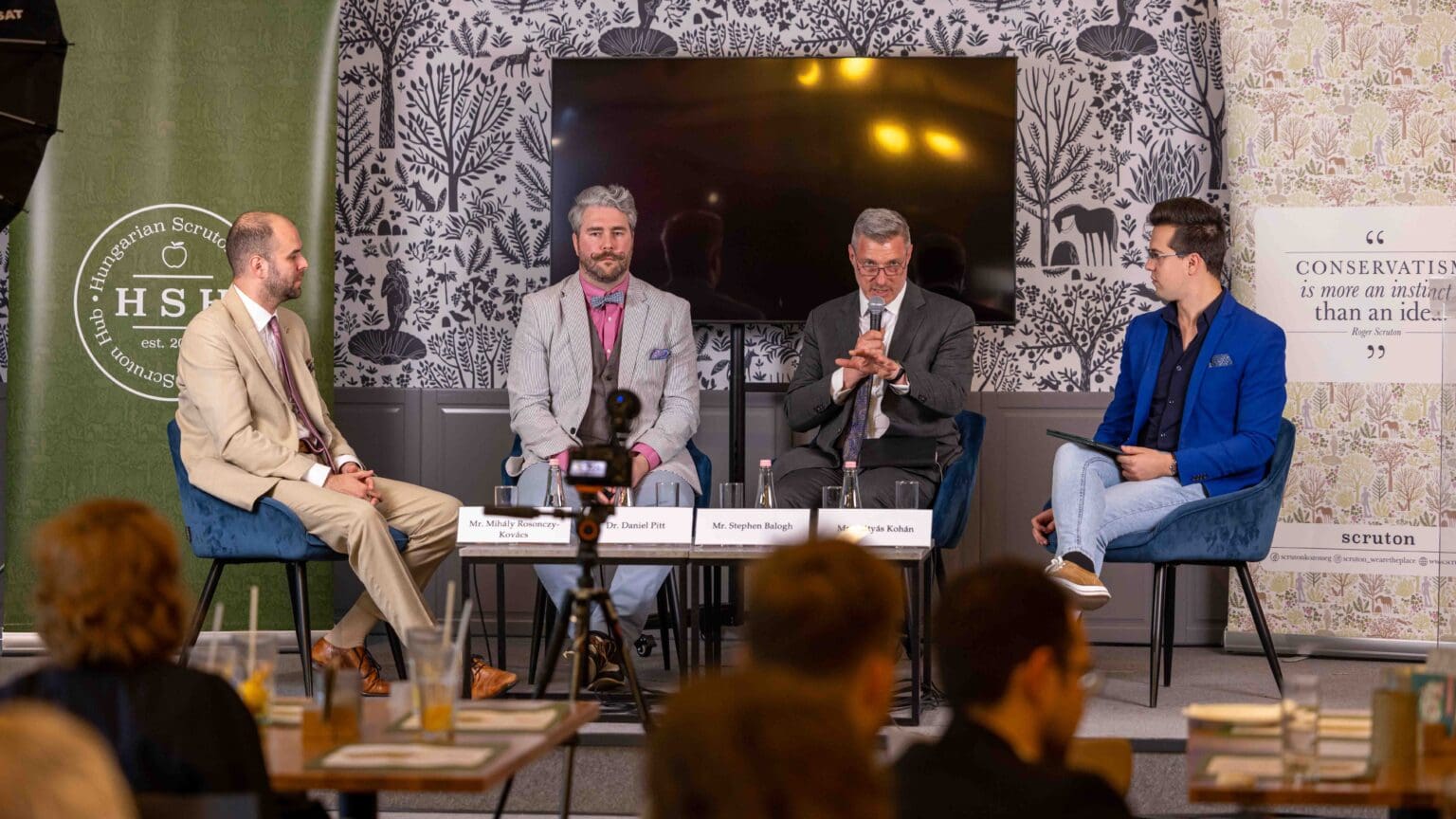
A vibrant panel discussion on 30 May 2024 in Budapest looked at the impact of Brexit on Europe and the EU, and on the importance of nation-states and the conservative movement in a changing Europe.

The arrival of the band in Budapest is a major sensation: their popularity is evident from the ticket sales. Due to high demand, they will perform not only on the originally announced date of 16 June but also on 18 and 19 June.

Péter Sztáray thanked the Premier of Ontario for his personal presence, which the Hungarian politician described as a recognition of the friendship between the two nations.
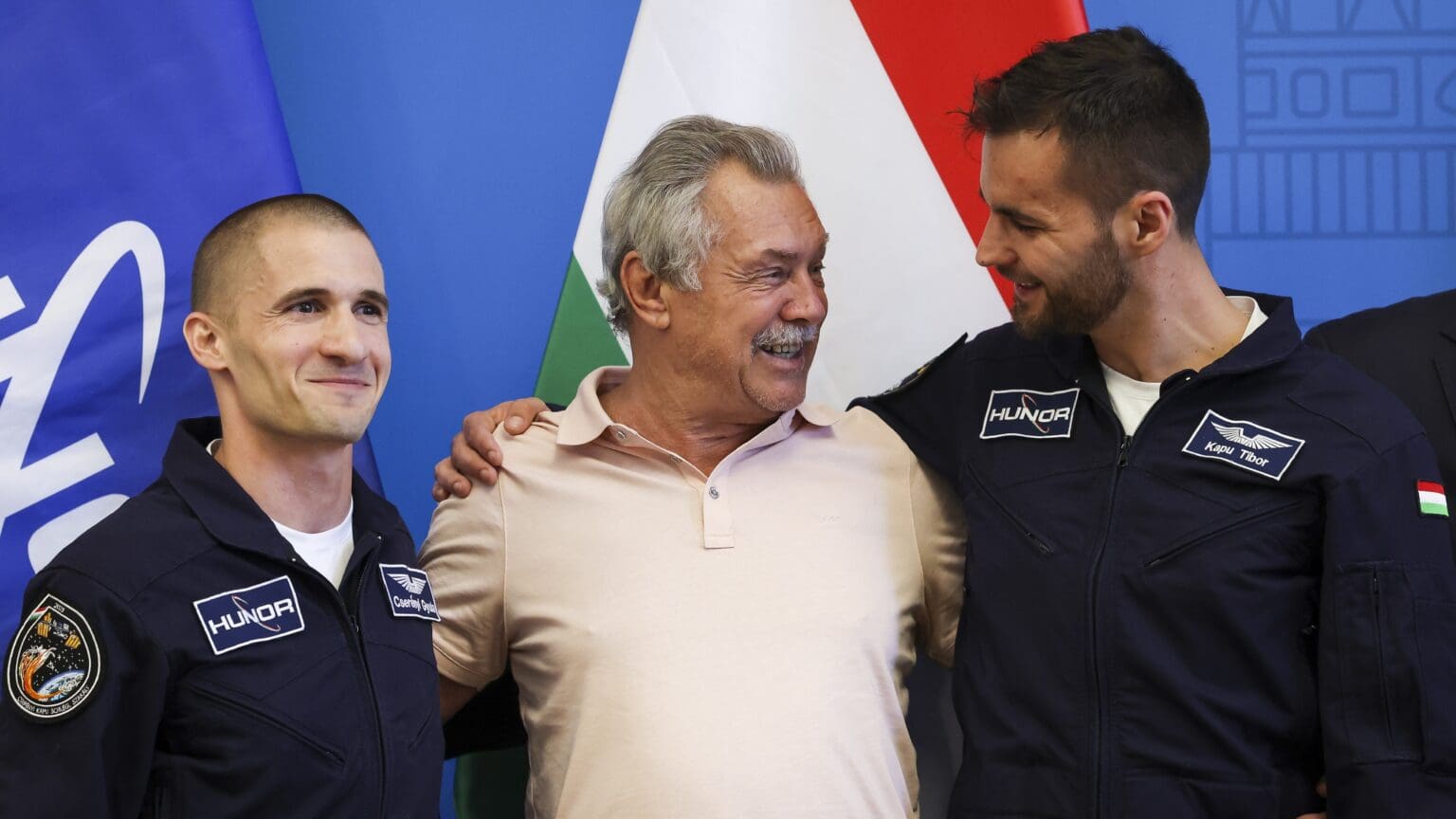
Albeit on Monday the public was informed that only Tibor Kapu and Gyula Cserényi have been selected as the astronauts for the programme, the other two candidates who had been included in the final round of selection, clinical orthopaedic surgeon Ádám Schlégl and aerospace design engineer András Szakály, will nonetheless assist with the work of the HUNOR mission in leading positions on the staff of the mission’s ground-based control centre. As for Kapu and Cserényi, they will soon be sent to the United States, where they will undergo the final phase of their training, supervised and assisted by the US space agency NASA and the private company Axiom Space, Hungary’s international space exploration partners.
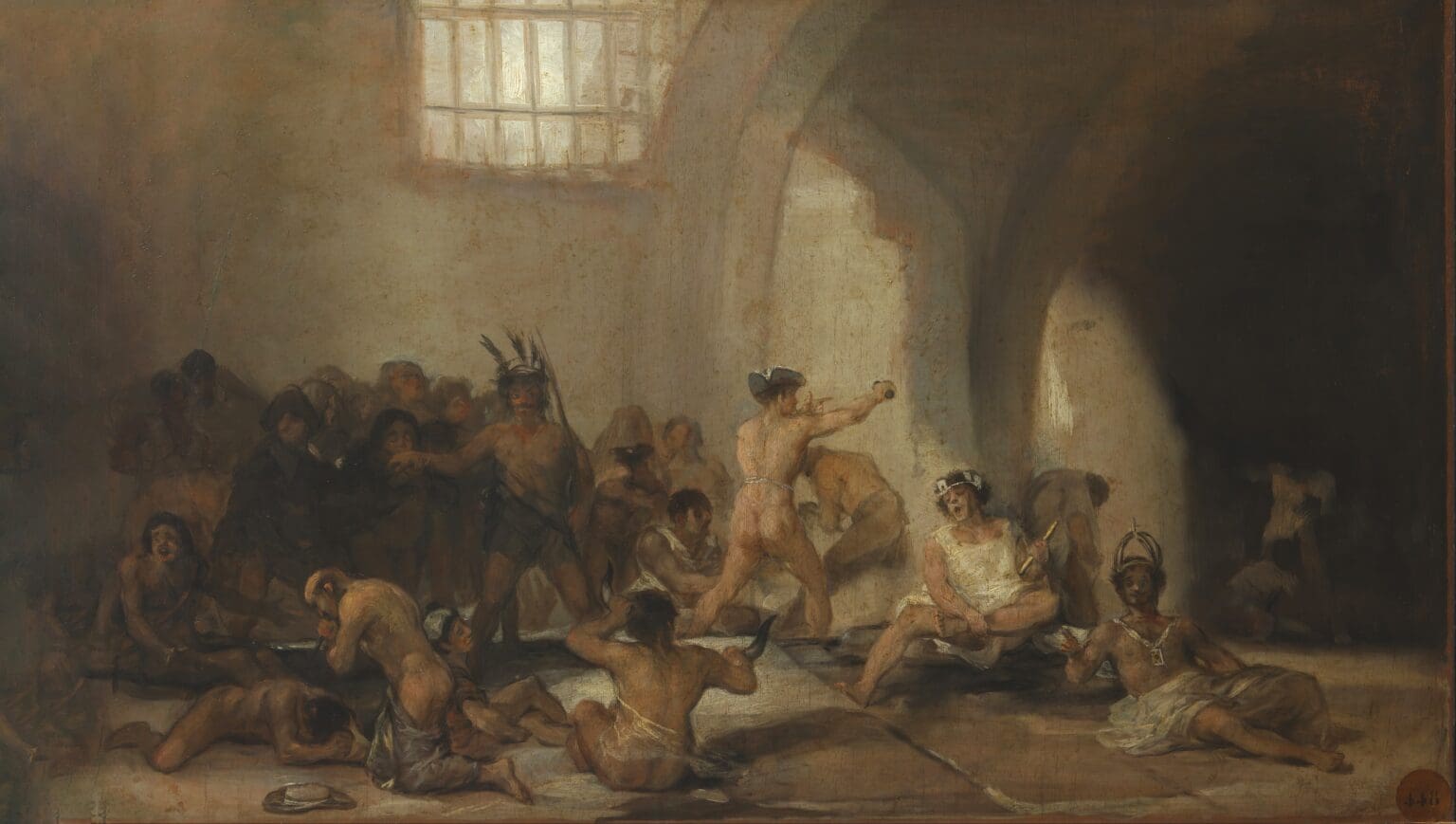
‘The story of the maid Anna Édes is the story of undiagnozed or unrecognized mental illnesses and their consequences, in contrast to today’s societies, primarily in the West, where mental illness is advocated to the point of virtue and people are ‘pressured’ to have mental illnesses as a mark of social status.’

On 21 May, pro-Palestinian individuals aggressively disrupted an even at the Danube Institute. However, they failed to silence the Israeli representatives who came to Hungary to bear witness to the brutality of Hamas on 7 October. What they managed to do, however, was to illustrate a crucial difference between the two sides: while Israeli advocates presented their arguments intelligently and peacefully, related their painful experiences, and even when they were shouted at answered questions, the Palestinian protesters had no substantive arguments; instead, they shouted antisemitic slogans full of hatred, and in a deeply disrespectful manner, tried to do everything to silence the Israelis and those who support them.
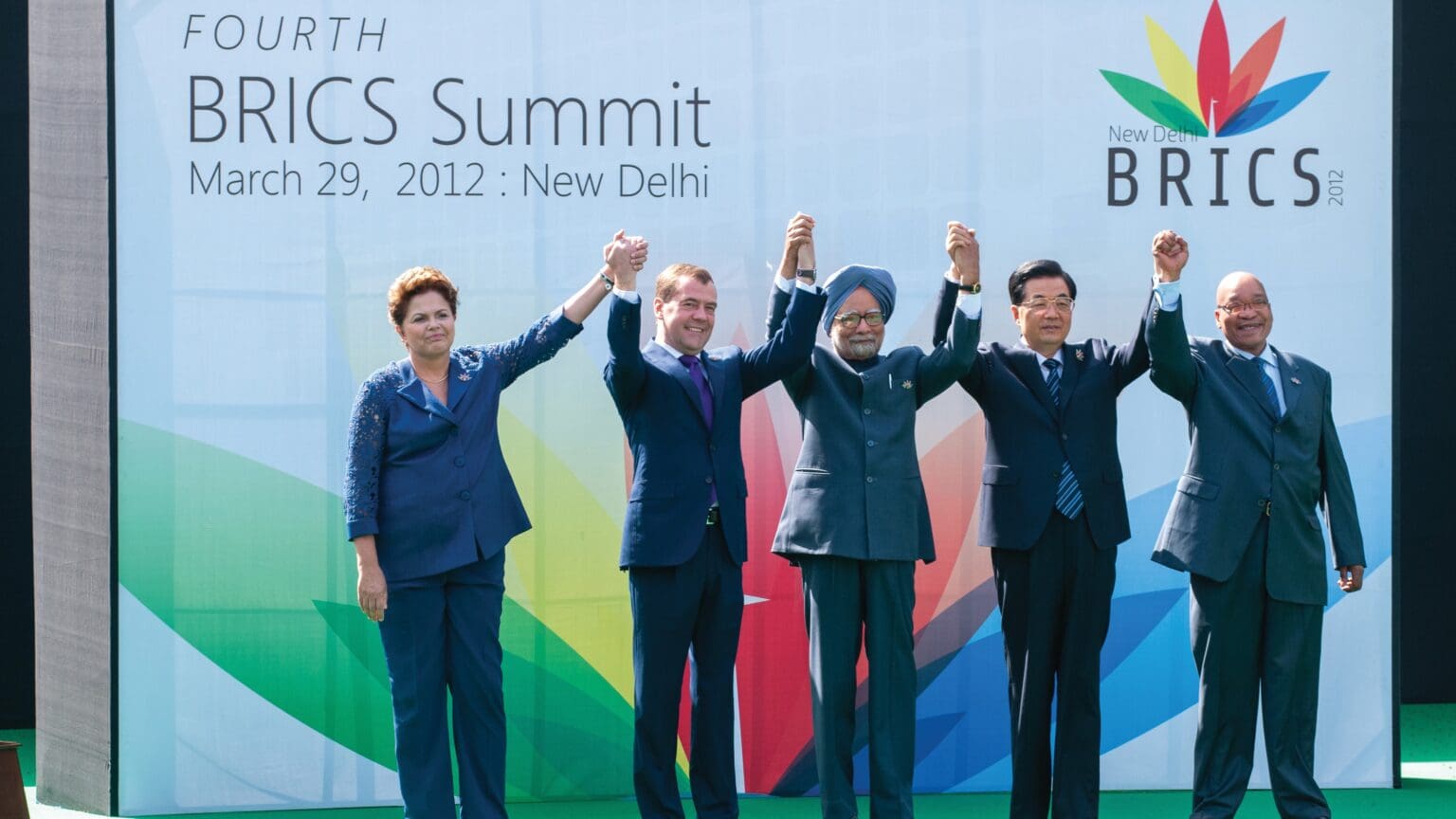
In the short term, the process of de-dollarization is exploiting the current state of the business cycle in the US and EU. Just a small decrease in the number of transactions in which the dollar is denominated will cause a devaluation of the dollar and a prolonged state of higher interest rates in the US, together with quantitative tightening—all leading to a weakening of the economic position of the US, the EU, and the other G7 countries.
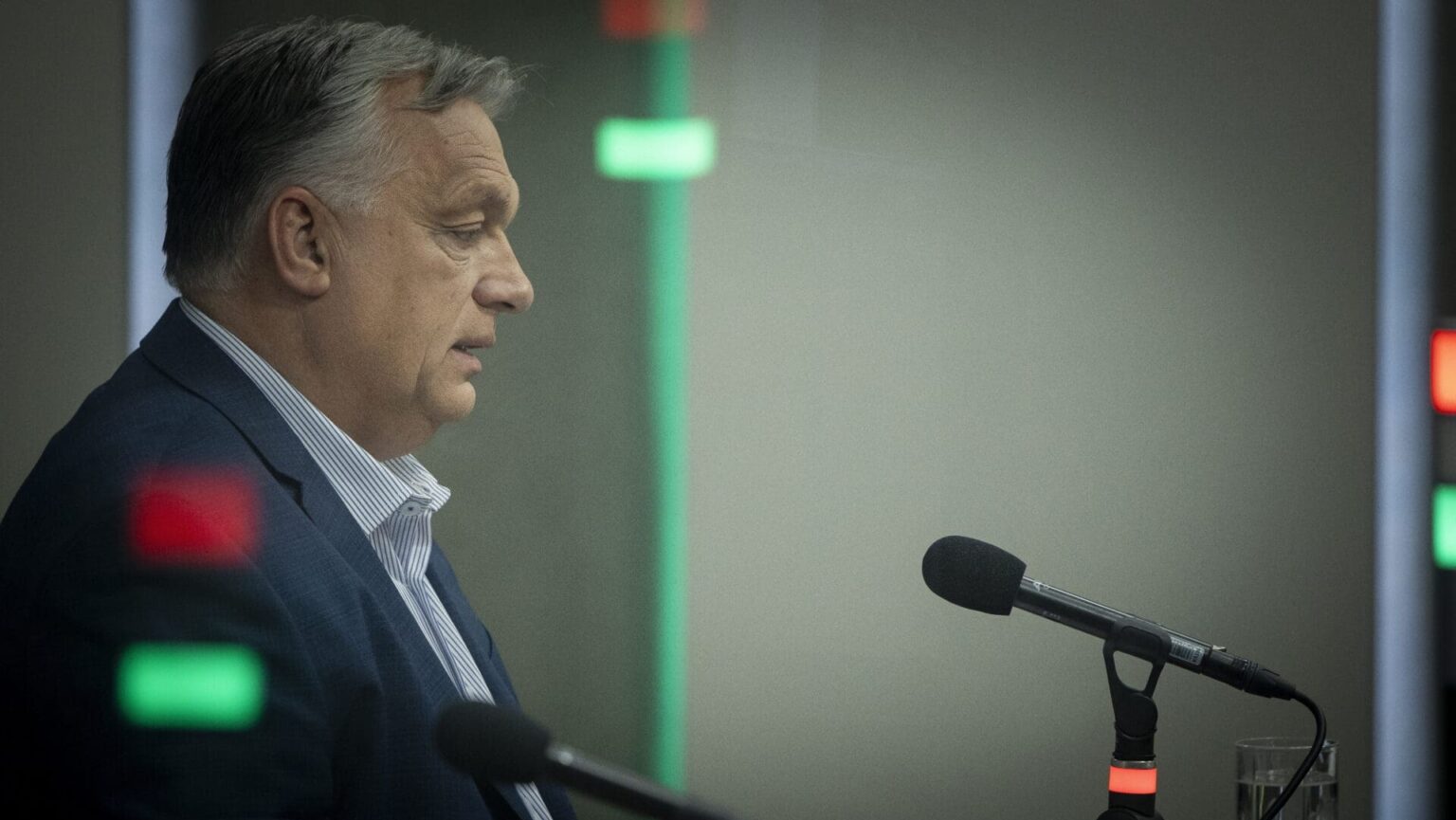
‘If Marine Le Pen and Giorgia Meloni manage to work together, either in a group or in a coalition, they will be the strength of Europe,’ stated Hungarian Prime Minister Viktor Orbán in an interview with Le Point. PM Orbán also discussed the Hungarian EU Presidency starting in July, the threats facing Europe and his relationship with French President Emmanuel Macron.

The Veszprém Zoo is characterized by conscious and continuous development, expanding year by year. The new big cat enclosure was realized with funds from the government’s Modern Cities Programme.

The museum, designed by Marcel Ferencz, received a gold medal at the FIABCI World Prix d’Excellence awards ceremony, one of the most prestigious international real estate developer awards. Another notable project within the Liget Budapest Project, the House of Music Hungary, designed by Japanese star architect Sou Fujimoto, also received an award.

Ferenc Kovács, the owner of Aurora Hotel and a crypto enthusiast, announced in a Twitter video that his establishment will be accepting payments in Bitcoin. The video was picked up by multiple major crypto-themed accounts on the social media site.
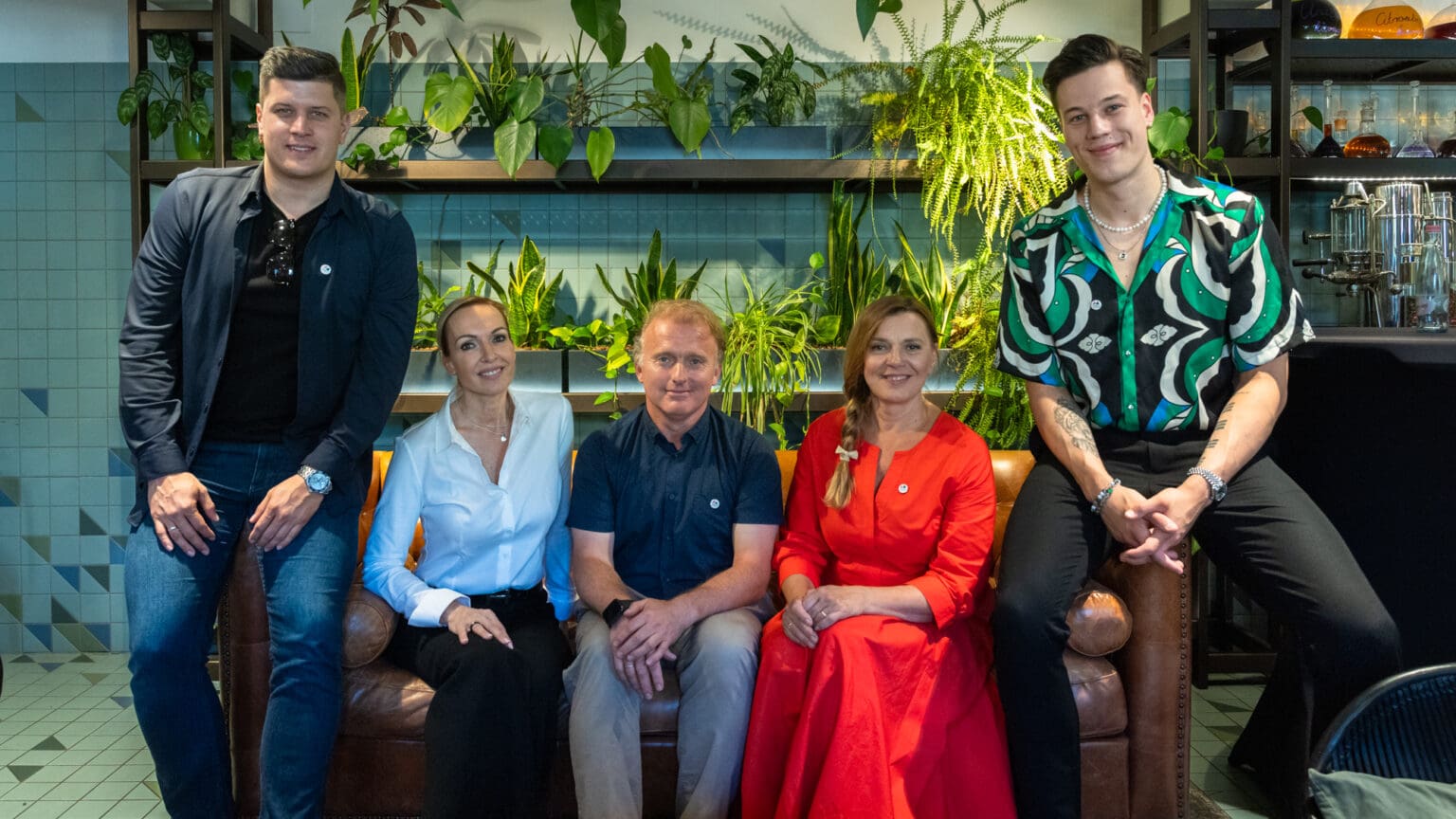
This season’s ambassadors of the Highlights of Hungary initiative, aiming to showcase each year the most diverse outstanding Hungarian achievements, have been introduced to the public. A psychologist, a TV personality and gastro blogger, an Olympic champion swimmer, a poet and a musician will each nominate individuals or group efforts from Hungary for recognition as role models.
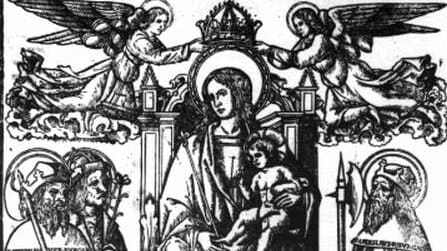
During the reign of King Stephen, the political aspect of the King’s devotion to Mary was only secondary and could be seen much more as the individual devotion of a fervent Christian believer to Mary. However, posterity took a different path and gave it national importance, being the basis for the Regnum Marianum idea of the 18th century.

According to a survey by the MCC Youth Research Institute, 53 per cent of Hungarians aged 15–29 have used ChatGPT or other similar AI tools in the past. A vast majority of them find the new technology useful, with 23 per cent being of the opinion that it is very useful, and 66 per cent that it is rather useful.
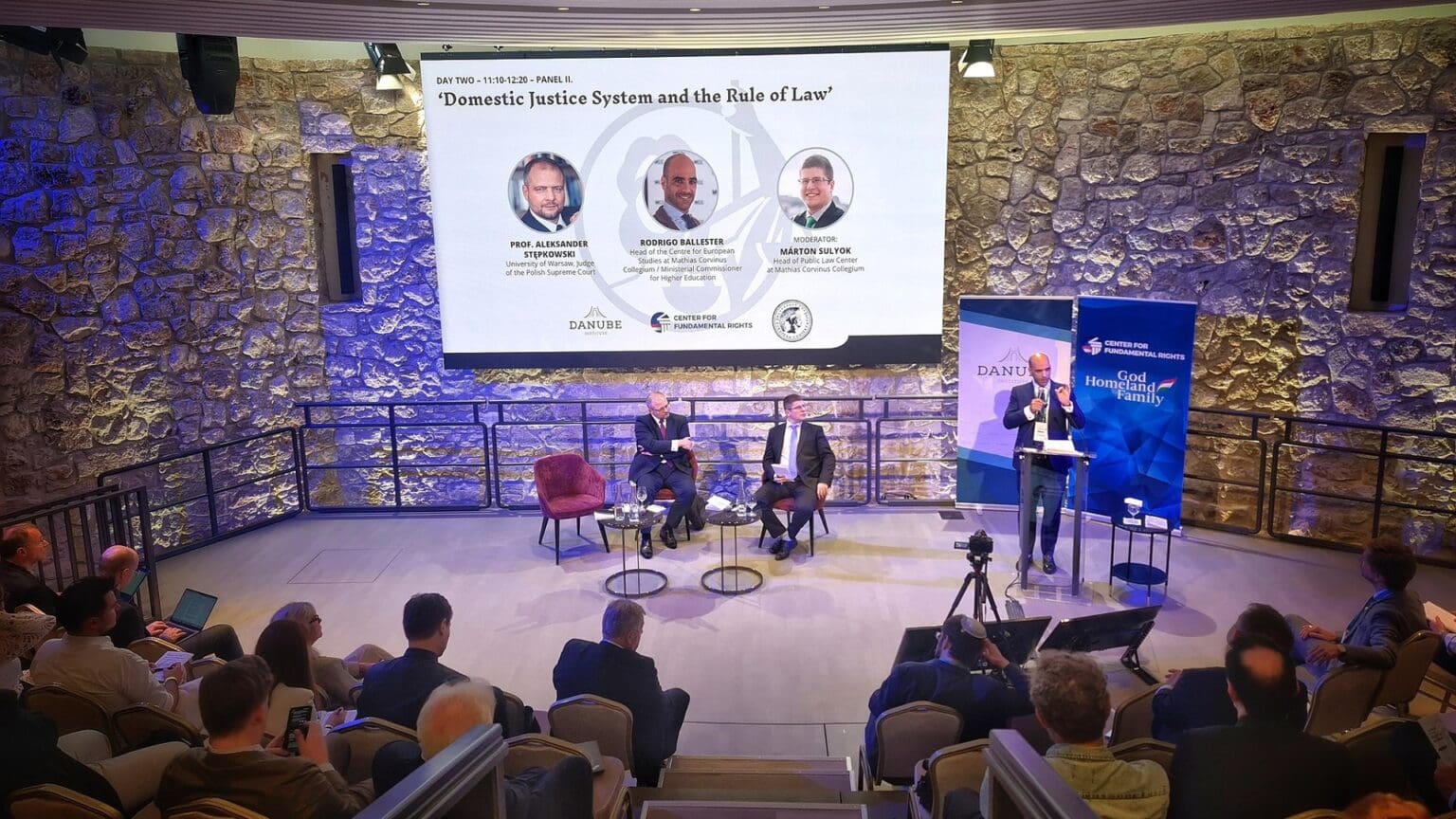
Day 2 of the Rule of Law as Lawfare Conference featured speeches by István Stumpf, a former justice on the Constitutional Court of Hungary, Aleksander Stępkowski, Supreme Court of Poland justice, and Dr Reinhard Merkel, law professor at Universität Hamburg.
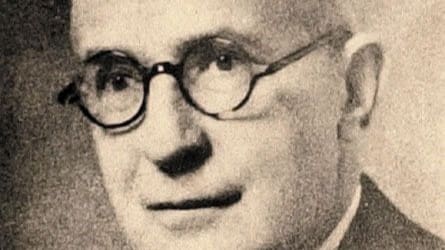
Antal Horger famously vowed to never let Attila József, one of the most influential Hungarian poets of the 20th century, get his teaching certificate while teaching at the University of Szeged. For this decision, József went on to immortalize him as the cold-hearted, vindictive ‘overlord’ of the university in his 1937 poem Születésnapomra (For My Birthday), published just months before his suicide.

‘The education system has complex social functions, and it may only fulfil its purpose if it sees the child as a whole person. Although its competences as a set of institutions are, and shall be, limited, teaching and education must be more than transmitting knowledge that certain groups of influence find important. With traditional communities having weakened in modern society, and plenty of new challenges continually arising, education should strive to pass on not only factual, but also abstract knowledge accumulated by our culture. The stakes are high; if education fails to accomplish this twofold task, we may face a rapid decline of our civilization.’
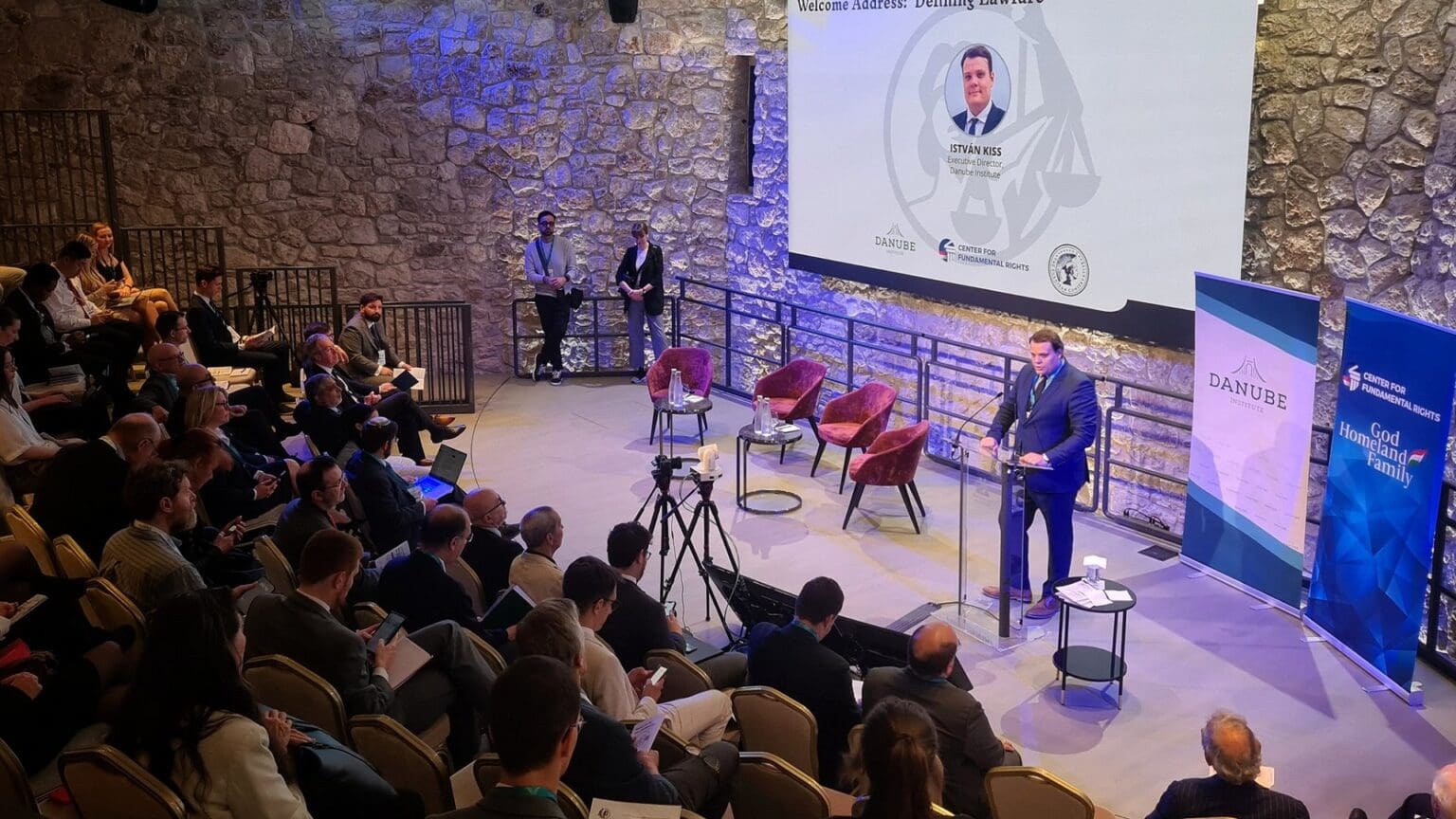
On the first day of the Rule of Law as Lawfare Conference experts such as Minister of European Union Affairs János Bóka of Hungary and MEP Ryszard Legutko of Poland discussed how the legal concept of the rule of law has been turned into a political weapon by EU bodies, and analysed the double standards applied to different Member States with rule of law assessment procedures.
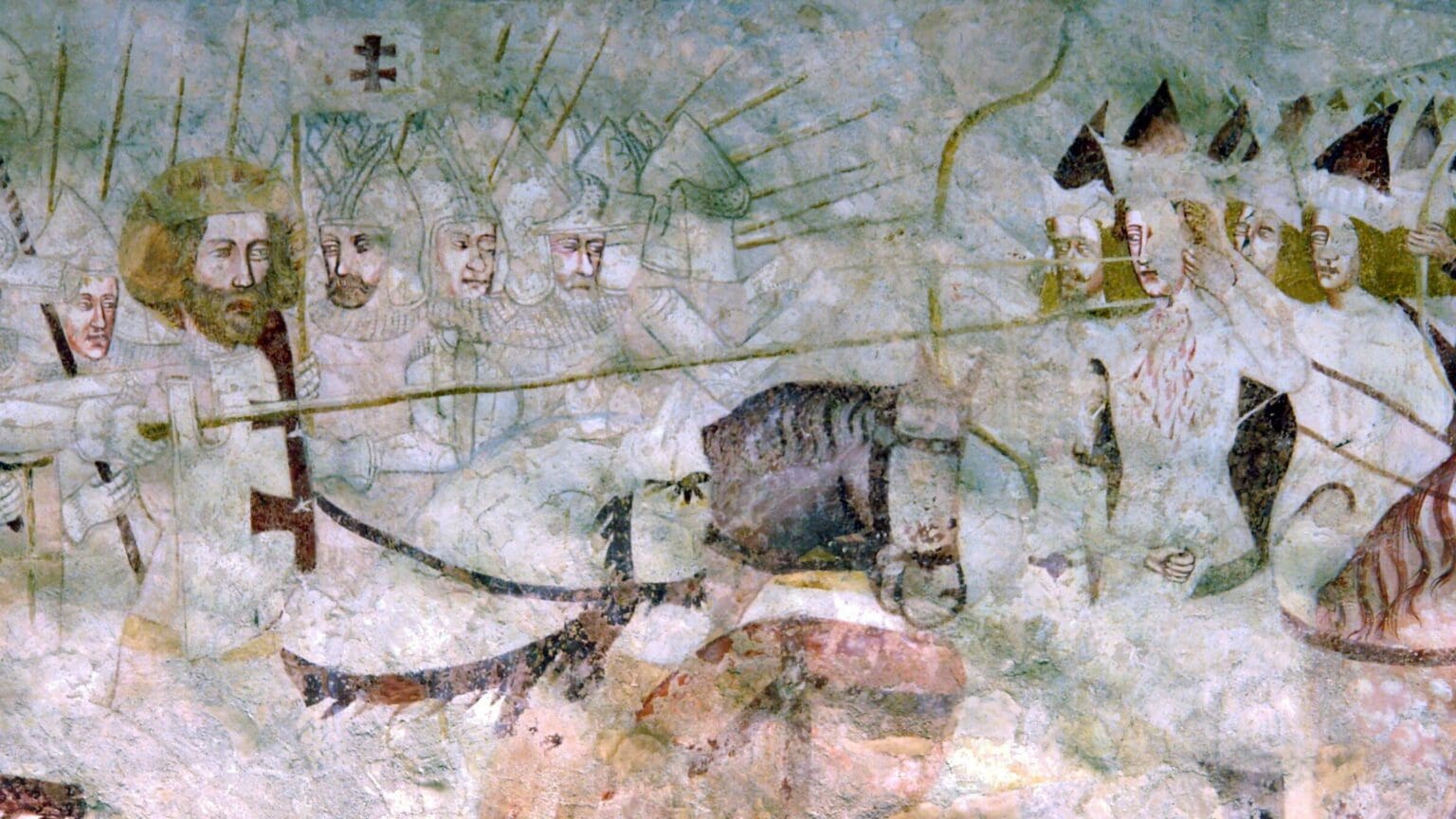
The great confederation of the Cumans was one of the steppe tribal confederations of Turkic origin, which successfully represented and spread the once mighty ‘steppe civilization’ to a significant part of Eastern Europe. Although the Cuman state was unfortunately destroyed in the power and political dimensions, the descendants of the Cumans still live here among us in Hungary. People with Cuman-Hungarian identity greatly enriched the medieval (and modern) Hungarian nation and strengthened the Eastern relations of Hungarians alongside the also vital Western connections.
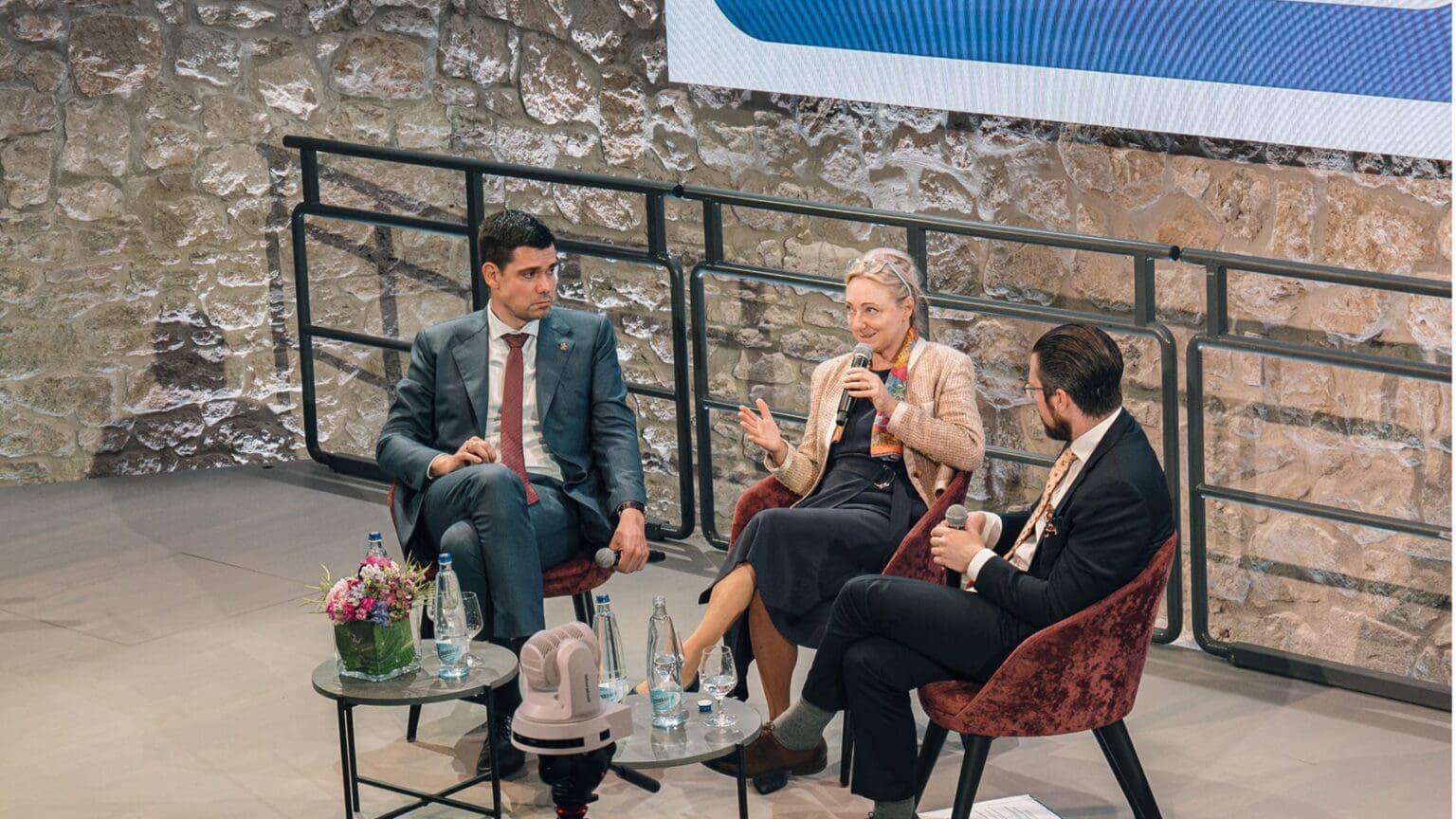
The Free Market Road Show, held for the ninth time, was organized in collaboration with the Austrian Economics Center and the Danube Institute. This year’s speakers discussed topics such as Central Bank Digital Currencies and the related issues of individual freedom and privacy, new economic strategies for a post-COVID world, and how global security threats, such as wars and migration, affect trade.
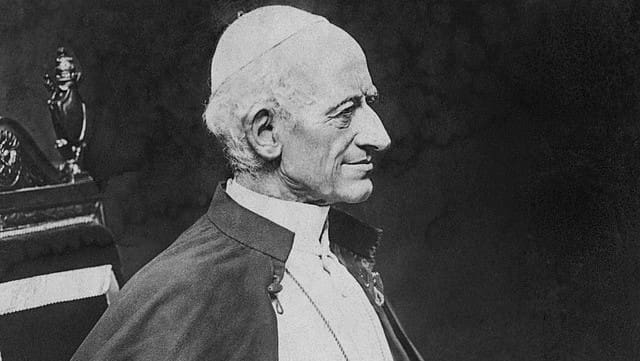
‘In modern Christian Democracy, the Roman Catholic and Protestant lines of thought come together to form a common Christian understanding of a desirable society. Subsidiarity as one of the core principles in social teaching calls for a healthy society, where different vertical levels and horizontal spheres respect each other’s autonomy, even sovereignty, while at the same time bringing them into cooperation.’
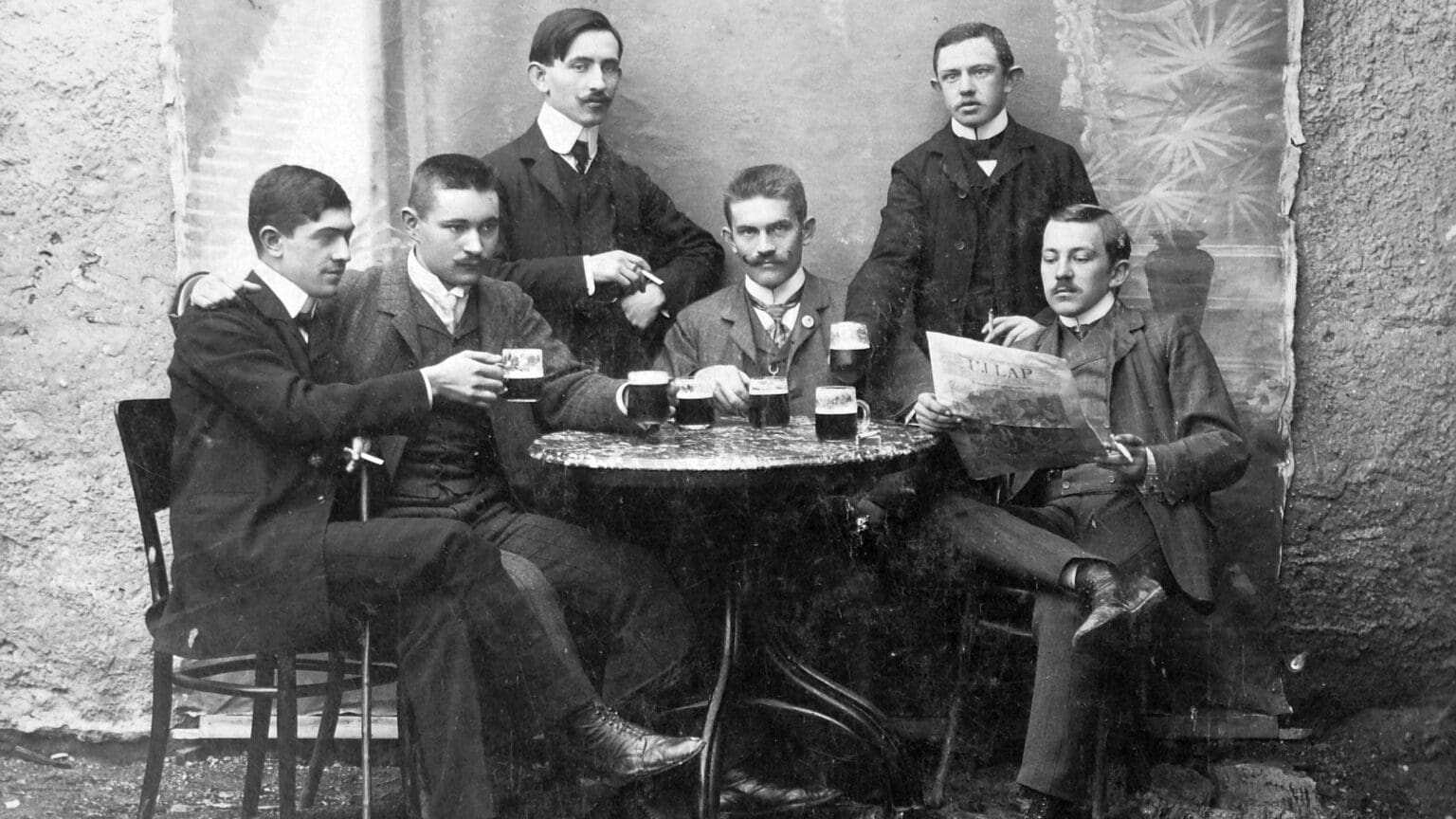
Now that it is almost summertime when a cool beer can come in handy, we invite our readers to a brief journey through time to discover some fun facts about the past and present of beer brewing in Hungary.

As of this May, the National Graphical Programming Competition, established by the John von Neumann Computer Society, will bear the name of Mihály Kovács (1916–2006), Hungary’s first secondary school computer science teacher and a Piarist monk.

An ethnic Hungarian woman in Trascaprathia, Ukraine, who asked to remain anonymous, penned an open letter, asking for prayers for the men and their families in Ukraine who are in a state of panic over the new, stricter conscription law.
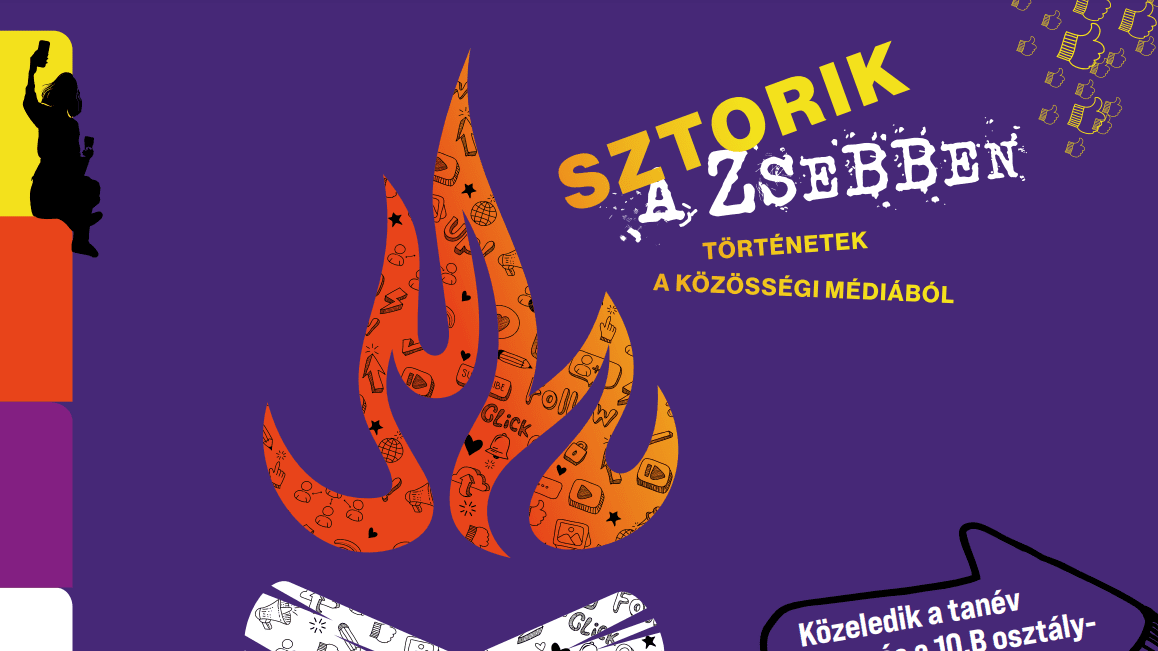
Social media plays a significant role in young people’s lives: according to research conducted by the Hungarian Media Authority, children use popular social media sites daily. The aim of the publication is to discuss the risks, impacts, and opportunities of social media usage in a context that is easily understandable for young people, allowing them to form their own opinions on the topic.
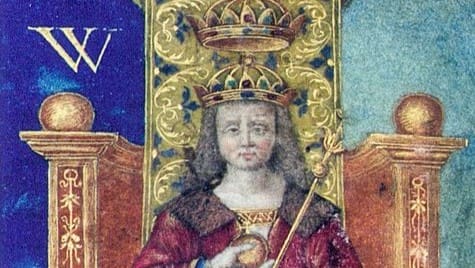
The contrast between the brilliant achievements of King Matthias Corvinus of Hungary and the inertia of the kingdom of the Jagiellonians is almost a cliché in Hungarian history. To this day, many seek the causes of the 1526 Mohács tragedy in the damaging reign of the weak Jagiellonians. However, more recent Hungarian and international historical research has taken a much more positive view of the Dynasty’s performance.

Hungarian Conservative is a quarterly magazine on contemporary political, philosophical and cultural issues from a conservative perspective.